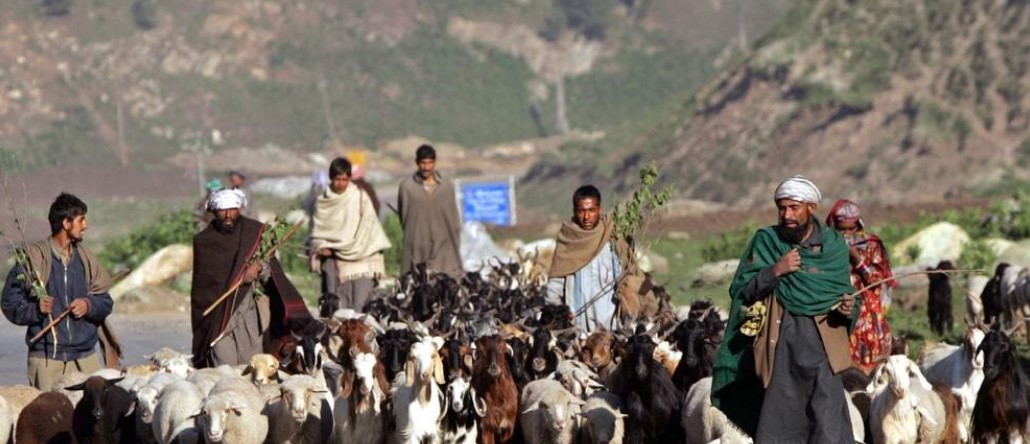J&K witnessing a new era of tribal welfare
From Forest Rights Certificates to the livelihood promotion of the transhuman nomadic tribes, from preservation of their culture and heritage to infrastructural development, Jammu and Kashmir is witnessing a new era of tribal welfare.
An official spokesman in a statement issued here said that over the past four years, J&K had witnessed a remarkable transformation in the realm of tribal welfare.
He said that the implementation of the Scheduled Tribes and other Traditional Forest Dwellers (Recognition of Rights) Act had paved the way for numerous initiatives and projects aimed at uplifting the tribal communities in the region.
Forest Rights Certificates and Transhuman Nomadic Tribes
The spokesman said that one of the significant steps taken in the last four years was the issuance of 3032 Forest Rights Certificates, recognising the rights of tribal communities over their traditional forest lands.
He said that this had enabled these communities to protect and sustainably utilise their natural resources.
The spokesman said that additionally, the completion of the first-ever survey of Transhuman Nomadic tribal populations was a crucial milestone.
He said that understanding the unique needs and challenges of these nomadic tribes will lead to targeted and effective interventions to improve their living conditions and preserve their traditional way of life.
Investing in Education
The spokesman said that education plays a pivotal role in empowering any community, and the government had shown its commitment by earmarking an annual outlay of Rs 49 crore for scholarships in tribal areas.
He said that this initiative aims to ensure that tribal youth had access to quality education and could secure a better future for themselves.
The spokesman said that to further enhance educational opportunities, 221 Smart Schools had been established in tribal areas, providing modern and technology-driven learning environments.
He said that 29 Cluster Tribal Model Villages with a project cost of Rs 10 crore each were currently under implementation, fostering all-round development in these communities.
Promoting Livelihoods and Infrastructural Development
The spokesman said that creating sustainable livelihood opportunities was crucial to uplift tribal populations.
He said that in this regard, 14 milk villages had been established, empowering tribal families by promoting dairy-based businesses.
The official spokesman said that the establishment of 1428 mini goat and sheep units had provided a boost to the traditional animal husbandry practices in these areas.
He said that to support the migratory lifestyle of certain tribal groups, eight tribal transit accommodations had been set up along migratory routes, providing essential facilities and infrastructure.
The spokesman said that 24 new ST and G&B hostels were being constructed, ensuring access to safe and conducive living spaces for tribal students pursuing education away from their homes.
Preservation of Culture and Heritage
He said that recognising the importance of preserving tribal culture and heritage, the government had taken steps to establish two Tribal Museum and Research Centres in Poonch and Jammu.
The spokesman said that these centers would serve as hubs for research, documentation, and showcasing the rich cultural diversity of tribal communities in the region.
Transportation and Infrastructure Development:
He said that ensuring smooth transportation for the migratory tribal population was vital to their wellbeing.
The spokesman said that adequate transport facilities had been put in place to support their movements.
He said that an allocation of Rs 21 crore under CSS ‘PMAAGY’ had been made for infrastructure development in 119 villages.
The official spokesman said that this would pave the way for improved connectivity, better healthcare facilities, and enhanced living conditions for the tribal communities.
He said that the last four years had marked a significant shift in tribal welfare in Jammu and Kashmir.
The spokesman said that with a focus on rights recognition, education, livelihood promotion, cultural preservation, and infrastructure development, the government’s initiatives had led to positive changes in the lives of tribal populations.
He said that if these efforts continue, it was hoped that the tribal communities in the region would thrive and contribute to the overall progress and prosperity of J&K.




